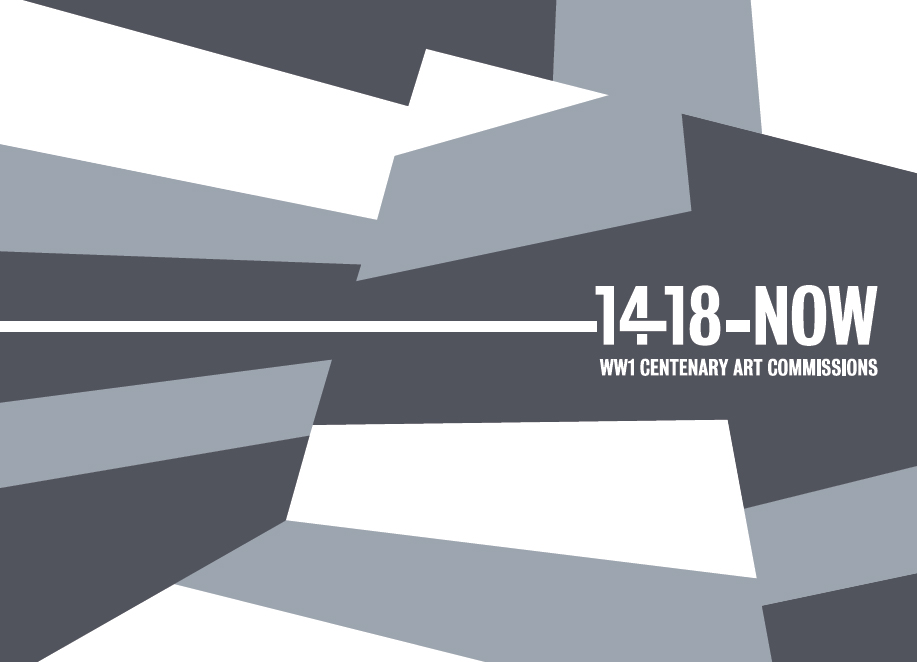Memorial events held to reflect on war tragedies

1418 now.org.uk
The 2014 season of 14-18 NOW launched on March 27 as part of the UK-wide Centenary commemorations.
The year 2014 is the 100th anniversary of the beginning of World War I. A century after the war causing casualties and destruction on an unprecedented scale, scholars, politicians and artists reflect on the events that left an indelible mark on history and profoundly impacted the world order.
An independent U.K-wide cultural program called 14-18 NOW will commission artwork, theatrical performances, short films and other reflections on World War I. In addition, an event called the Late Night Prom will take place in London from June until August. On August 4, the exact day when the war started, a candlelight procession will take place under the theme “We Will Remember Them”. The Burnley Council will spend £25,000 cleaning 17 public monuments and writing new inscriptions. The Richard Challoner School will organize a three-day visit to the major battlefields and investigation into backgrounds of people and families involved in the war for students, a field trip it has conducted since 2000.
Belgium will also launch a series of memorial activities in culture, history and scientific innovation from 2014 to 2018 to recall the war, advocate peace and assert the significance of international cooperation and multi-lateral diplomacy. The city of Ypres will ring a memorial whistle in commemoration of the Battles of Ypres.French President François Hollande will invite representatives of countries that took part in the war to join the military parade and National Day Parade in France.
The Christmas Truce took place at the Western Front a century ago. This year, Germany will host a friendly soccer match called the Christmas Truce.
Russian President Vladimir Putin will participate in the unveiling ceremony of the memorial museum of the First World War in Saint Petersburg. Many Russian cities will set up monuments for the war.
Societies reflect on the war in order to prevent similar tragedies from occurring. Ever since 1918, the war’s consequences and the strategy of its participants have been topics of ceaseless scholarly discussion, becoming one of the largest areas of debate in the following century.
Margaret MacMillan, a professor of world history from Oxford University, observes that we are still far from scholarly consensus on the causes of World War I. Some historians have argued that the rapid modernization of Europe led to political, economic and societal upheaval and fracture which exacerbated nationalism and chauvinism among the European nations. Some have highlighted how the rapid rise of Germany in the second half of the 19th century made established powers such as the Great Britain and France feel threatened. This caused the relations between major European powers to become increasingly tense leading up to and into the 20th century, they point out.
Today the world is still faced with turmoil and new forms of conflict, threatening national and regional security in many areas. Some scholars have commented that memorial activities for World War I should not be mainly for commemoration, but for reflection on wartime atrocities. With globalization, the interaction between nations has grown exponentially. The increase of international legal provisions and disputes between countries may indicate that globalization is simultaneously fueling regionalism, the rise of radical ideologies and competition between nations. Scholars have observed that nations need to draw lessons from history and think about how to build a stable international order.
While potentially painful and difficult, reflections on the war can lay the foundation for preserving peace and prosperity. In an article for the South China Morning Post, Michael Clauss, the German ambassador to China, commented the failure of parties to achieve an agreement after the war caused tremendous political and societal changes for the worse. The economic difficulties in many European countries helped organizations and parties driven by racial hatred and various antihuman ideologies gain power. However, Europe no longer solves problems through armed conflict today. Deep reflection by Germany and other European countries has been necessary to foster mutual trust and good neighborliness, he concluded.
German Foreign Minister Frank-Walter Steinmeier wrote in a report that owing to European integration, countries now try to clarify and eliminate political and economic differences in Europe in a peaceful and cooperative way. He iterated that the experience of World War I in Europe has proved that lasting peace can only be fostered through the joint efforts of all nations.
The Chinese version appeared in Chinese Social Sciences Today, No. 578, March 31.
Translated by Jiang Hong
Revised by Charles Horne
